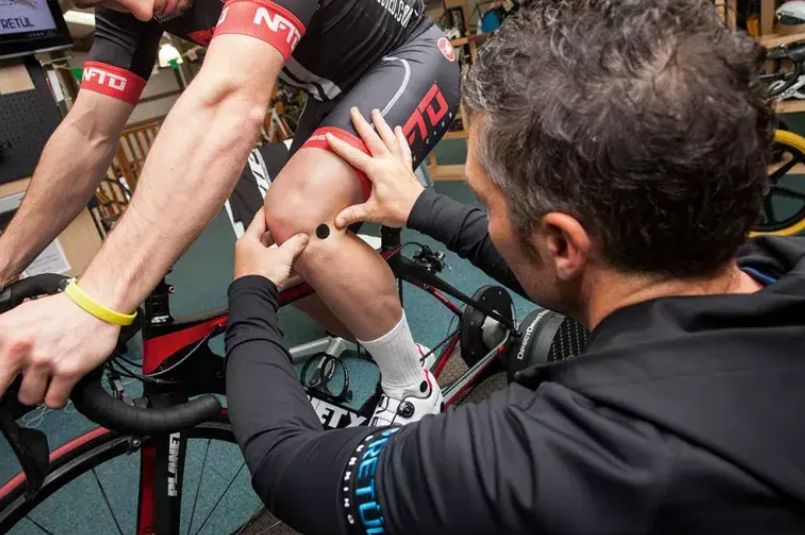Cycling is an exhilarating activity, offering a blend of fitness, freedom, and environmental friendliness. However, for many cyclists, cycling knee pain looms as an all-too-common and frustrating issue. Not only does it disrupt your rides, but it can also lead to long – term discomfort and potentially deter you from this healthy pursuit. If you’ve ever pedaled through a throbbing knee or worried about future cycling knee pain problems, you’re in the right place. In this piece, we’ll explore five invaluable tips to protect your knees while cycling, allowing you to enjoy the open road pain-free.Many cyclists think that only professional athletes need to protect their knees, but this is incorrect. Every cyclist should take care of their knees. Here are some tips on how to protect your knees:
1. Warm Up Before Exercise
Always relax your knees before riding. Without proper stretching, especially for inexperienced riders, you can easily strain muscles and damage joints. Warm-up exercises increase the secretion of joint fluid (synovial fluid), which lubricates the joints, reducing friction and wear, thus lowering the risk of injury. It also activates the muscles around the knees, particularly the quadriceps and hamstrings. Strengthening these muscles can improve knee stability, reducing the risk of joint displacement and instability. Warm-up exercises also improve the coordination between the nervous and muscular systems, making your body respond more quickly and accurately to movements, thus reducing the risk of knee injuries from uncoordinated actions.
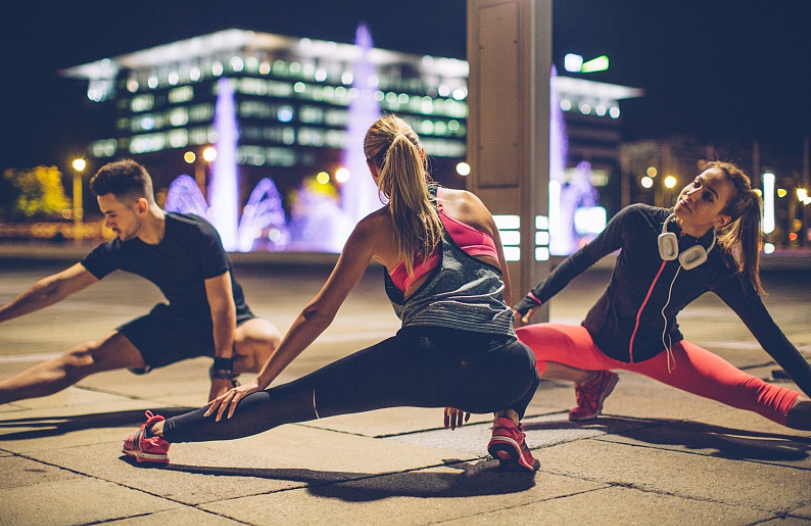
2. Avoid Overly Intense Exercise
Most importantly, avoid sudden increases in exercise intensity. Cycling, like marathon running, is an aerobic exercise that requires sustained effort over time. It is different from activities like deep squats or sprinting. The term “intense exercise” here is relative to your usual exercise intensity. If you normally only walk for 20 minutes a day, don’t suddenly attempt a 100-kilometer ride. This would place excessive stress on your knees.
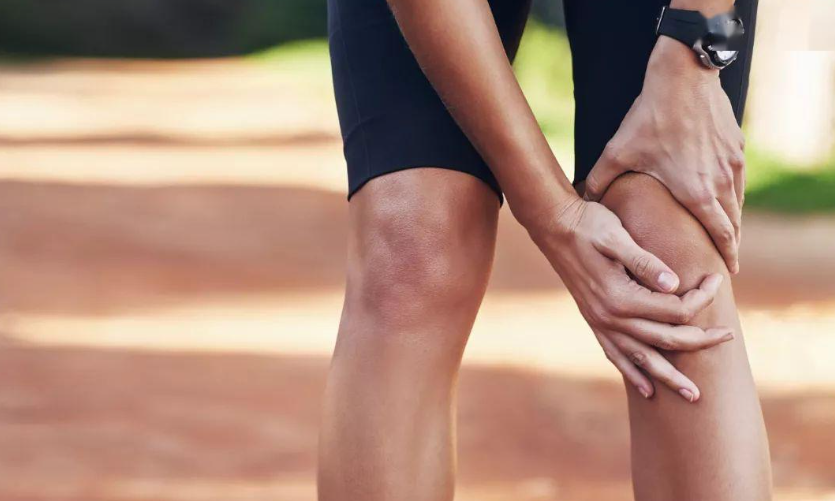
3. Intake Glucosamine to Prevent Cycling Knee Pain
Many people think that protecting joints only requires calcium, but this is not entirely correct. Glucosamine intake is also important. Glucosamine is a key component of joint cartilage, promoting cartilage repair and maintenance, reducing inflammation and pain, and slowing joint degeneration. Some studies suggest that glucosamine supplements can slow the progression of degenerative joint diseases like osteoarthritis. However, effectiveness varies among individuals, and some studies show results comparable to a placebo. Glucosamine is generally safe, but consult a doctor before long-term use, especially for diabetics. Overall, glucosamine may benefit joint health, but consider individual differences and professional advice.
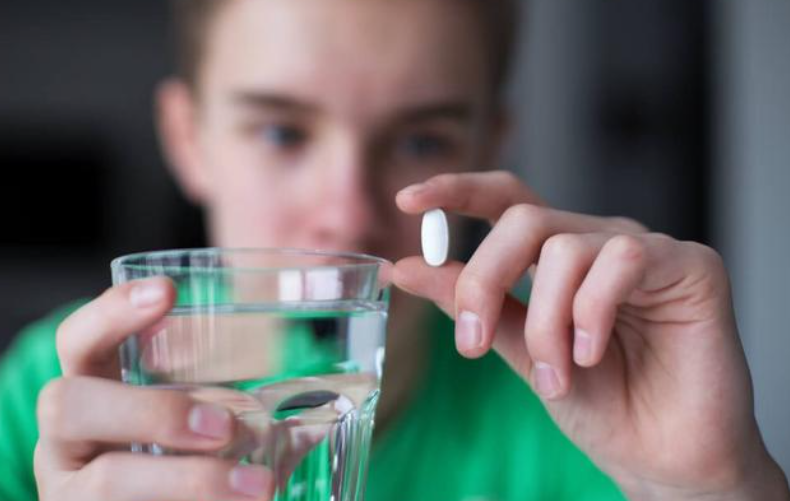
4. Adjust Your Riding Posture To Prevent Cycling Knee Pain
To prevent cycling knee pain, if necessary, get a bike fitting. Choose a frame geometry that suits your body. Through continuous riding and experimentation, select the appropriate stem length, handlebar width, crank arm length, chainring size, and seat height.
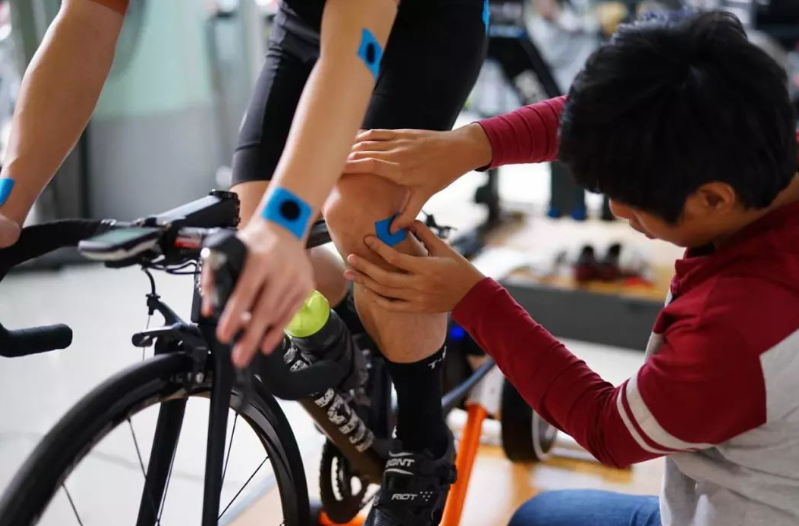
5. Seek Medical Help Promptly
If you feel knee pain, stop cycling immediately and seek help from a doctor or professional pharmacist. Do not resume riding until you are completely pain-free. This usually takes at least 2 weeks. Use this time to review your previous cycling videos, identify improper riding positions and habits. This 2-week review and reflection can provide greater improvement than 2 weeks of riding.
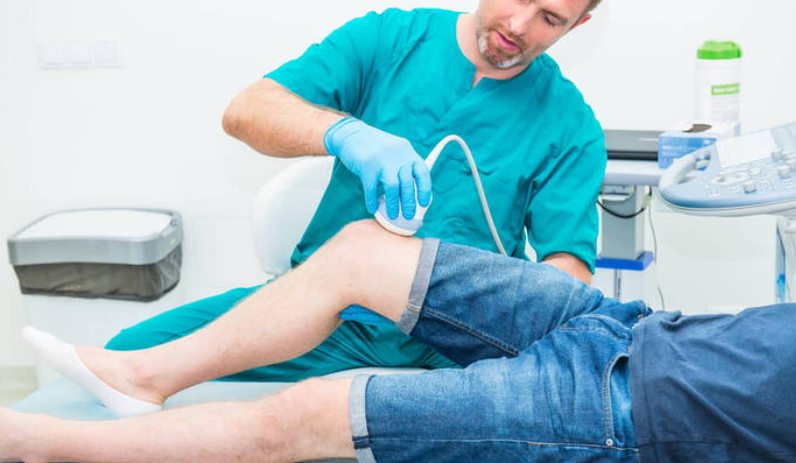
By the way, SUMLON has been manufacturing bicycle parts for over 15 years. Contact us if you are looking for a bike parts factory or a one-stop wholesaler. Peace


